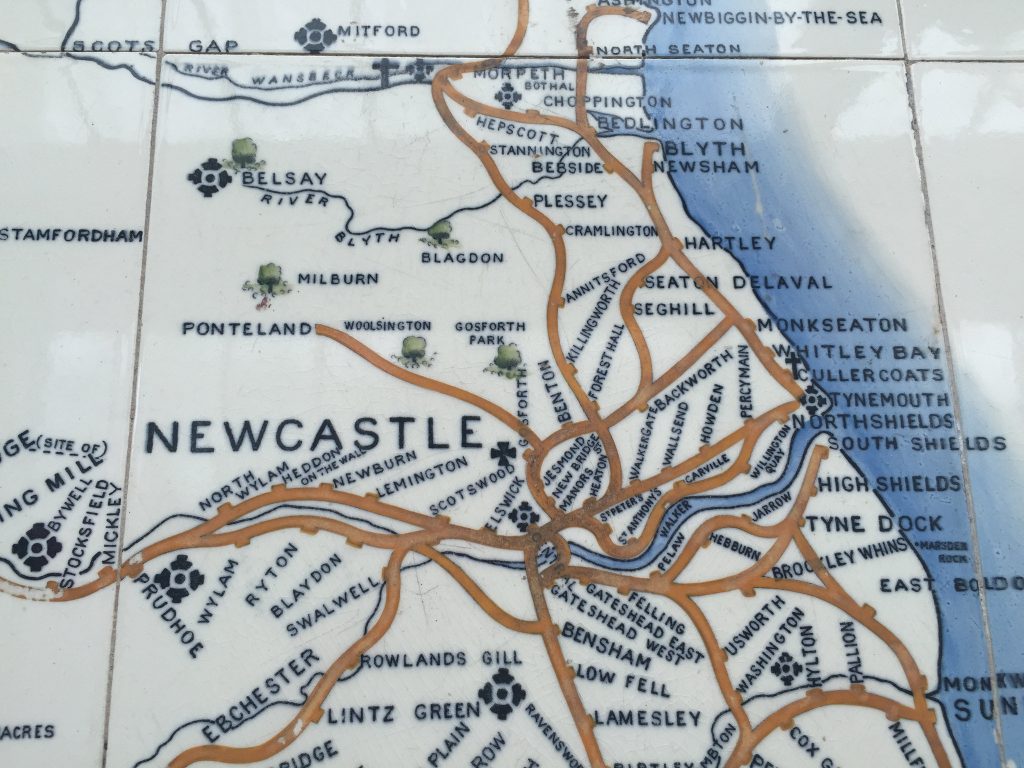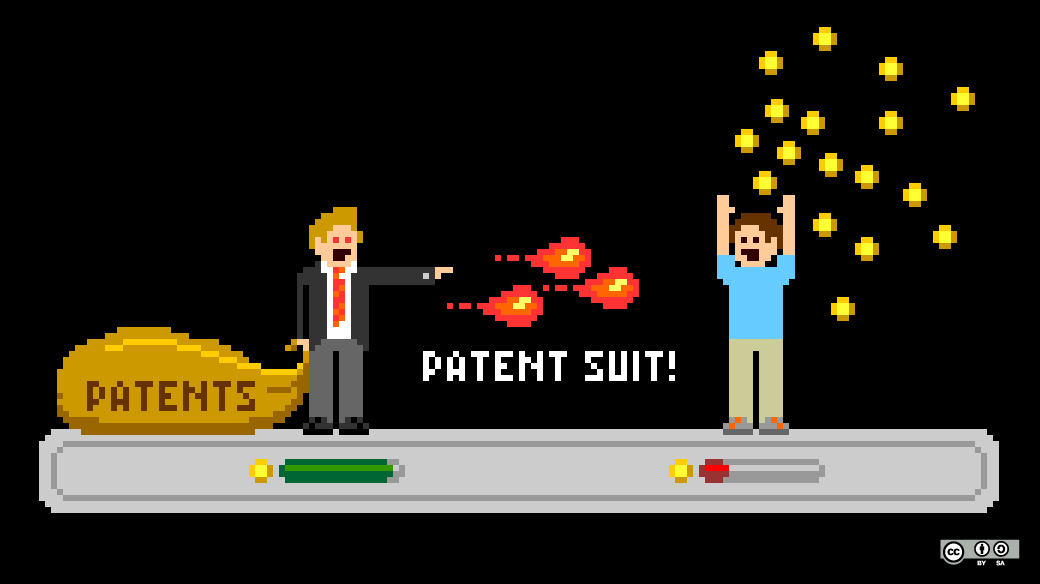I was all ready to write an angry blog post about Pearson’s attempt to patent the Generation, Management, and Tracking of Digital Credentials when it came to my attention that they have closed their DRM-Free ebook store, and will now proceed to delete all ebooks from their customers’ accounts. After posting the biggest loss in their history earlier this year, I think (hope?) Pearson’s days are numbered. They’re certainly acting like it.
If people had understood how patents would be granted when most of today’s ideas were invented, and had taken out patents, the industry would be at a complete standstill today. (Bill Gates)
Instead of getting angry, however, let’s just take look at that patent for a moment. While I’m no legal expert, I’ve seen naive ‘SEO optimised’ pages repeat key words fewer times than this document repeats the words ‘digital credentials’. It almost looks like Pearson are trying too hard here to prove that they invented something they’ve only ever tried make money from.
Here’s the highlights for those people whose lives are too short to read legal documents:
- Filing date: 25th March 2016
- Claim 1 is for a ‘digital credential issuance system’ made up of:
- Digital credential template owner device
- Digital credential issuer device
- Digital credential platform server
- Claims 2-10 go into further detail about Claim 1.
- Claim 11 is for a ‘method of authorizing issuers of digital credentials’ which includes receiving, storing, and transmitting a digital credential template.
- Claims 12-20 go into further detail about Claim 11.
The ‘background’ section uses language very similar to the Open Badges for Lifelong Learning working paper published in 2012 by Mozilla. It talks about changes in technologies and society, how credentials should be available for any kind of learning, but that there are challenges around “publishing, verifying, and tracking the sets of technical skills and proficiencies that these individuals have obtained”.
Although Pearson’s patent application features the phrase ‘digital credentials’ in its title, the ‘background’ section mentions ‘digital badges’ are explicitly:
[C]ertain institutions may issue digital credentials (or digital badges) to qualifying individuals, and these digital credential earners may use the digital credentials to certify the skills or qualifications that the earner obtained vis-à-vis the institution.
As anyone who has paid any attention to Open Badges since the original pilot in 2011 would know, Pearson didn’t invent digital credentials, digital badges, or anything remotely innovative in the area — in 2016, or at any point after or before that. Their game is targeting and enclosing particular markets, as I pointed out in February 2016, in a post which pre-dated this patent application.
Unlike the Salesforce patent granted earlier this year (see Open Badges community discussion), Pearson’s patent is a lot more wide-ranging. While Salesforce’s patent focuses about ‘achievements’ and requires a system that involves specific roles, recommendations, and a social network, Pearson’s is about digital credential platforms. It even includes analytics.
Now, I can understand why a struggling publicly-traded company would try to go all-out to find a way to return to profitability. That does not, however, mean that we as a community should stand for it.
The good patent gives the world something it did not truly have before, whereas the bad patent has the effect of trying to take away from the world something which it effectively already had. (Giles Sutherland Rich)
I used to be mildly amused that Pearson played in a sandpit so obviously at odds with their raison d’être. Perhaps I should have been more cynical, as they obviously are. I note, for example, that Pearson waited until Mozilla handed over stewardship of Open Badges to IMS Global Learning Consortium (who have said they will not contest the patent) before filing.
If you’re reading this and are worried about the future of Open Badges, then don’t be. Pearson have shot themselves in the foot in several ways during this process that means that either they won’t be granted this patent, or will find it almost impossible to enforce. I’m not going to enumerate all of those ways here, but they perhaps should be a bit more careful about joining W3C working groups before filing patent applications…
I’m closing comments on this post as I’d prefer people added their voice to this thread on the Open Badges Google Group. Please get involved, particularly if you know of a viable way that this can be challenged and shown up for the ridiculous posturing it is.
Image CC BY-SA opensource.com

![Reframing the ‘Progressive’ vs. ‘Traditionalist’ Debate in Education [DML Central]](https://dougbelshaw.com/blog/wp-content/uploads/2017/11/dmlcentral-reframing-deate-e1511878484329.png)

